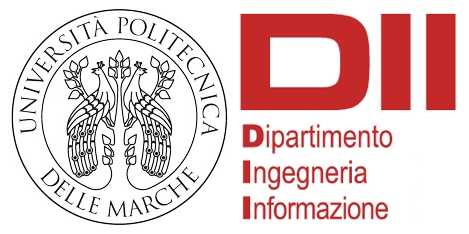Project details
Title:
A Collaborative Ecosystem for Industry 5.0
Acronym:
CE4I5.0
Type:
National
Start Date:
May 14, 2024
End Date:
December 31, 2025
Principal Investigator:
Prof. Domenico Ursino
Other Units Involved:
University of Calabria
Keywords:
Artificial Intelligence, Collaborative Ecosystem, Industry 5.0, Mass personalization
Description:
This project aims to define a collaborative ecosystem for Industry 5.0. The scientific methodologies applied to the project are those typical of Industry 5.0 and involve the use of Artificial Intelligence, Internet of Things, and smart industrial automation. Its main elements of innovation concern: (i) the adoption of the Internet of Everything (IoE) paradigm, (ii) the mass personalization module, designed for the benefit of the customer and to save goods and energy, (iii) and the module for smart task execution, designed to support workers. When applied in an industrial context, it enables: (i) the seamless integration of individuals, devices and smart automation systems (cobots); (ii) the customized production of goods, based on the needs and demands of customers, defined by applying AI techniques on a large amount of customer data; (iii) the use of risk and cost evaluation techniques to plan personalized task execution, enhancing the efficiency and safety of workers. All these benefits are achieved at limited economic costs.
Objectives:
This project pursues three main objectives, namely: (i) defining the ecosystem architecture, (ii) defining a specific component for mass personalization, and (iii) defining a specific component for supporting smart task execution.
Application Contexts:
Industry 5.0; Marketing.
Expected Results:
This project aims to define a collaborative ecosystem for Industry 5.0. The scientific methodologies applied to the project are those typical of Industry 5.0 and involve the use of Artificial Intelligence, Internet of Things, and smart industrial automation. Its main elements of innovation concern: (i) the adoption of the Internet of Everything (IoE) paradigm, (ii) the mass personalization module, designed for the benefit of the customer and to save goods and energy, (iii) and the module for smart task execution, designed to support workers. When applied in an industrial context, it enables: (i) the seamless integration of individuals, devices and smart automation systems (cobots); (ii) the customized production of goods, based on the needs and demands of customers, defined by applying AI techniques on a large amount of customer data; (iii) the use of risk and cost evaluation techniques to plan personalized task execution, enhancing the efficiency and safety of workers. All these benefits are achieved at limited economic costs.
